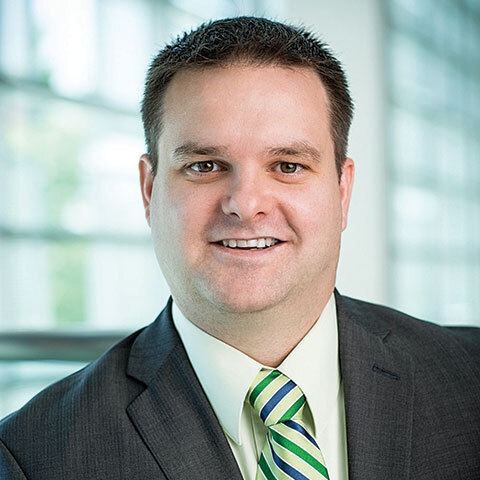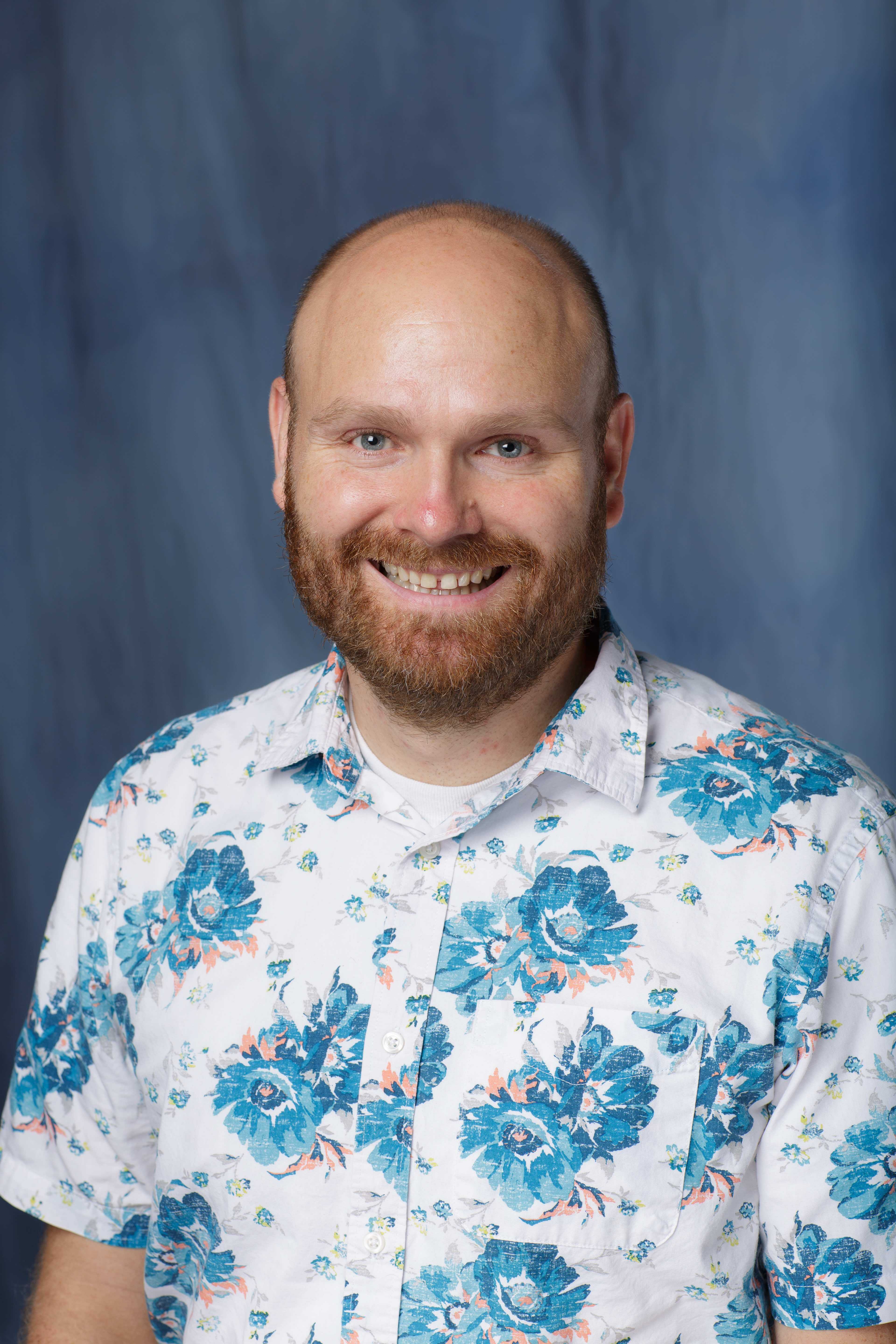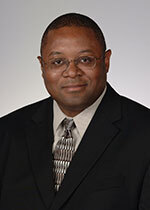
eAudiology
Over-the-Counter Hearing Aids: Sound Quality and Racial Disparities in Hearing Impairment, Testing, and Device Use—A Demand-Income Paradigm
-
Register
- Non-member - $60
- Member - $35
- Student - $10
Presenters:
Ryan McCreery, PhD - Boys Town National Research Hospital, Center for Audiology
Sterling Sheffield, AuD, PhD - University of Florida, Department of Speech, Language, and Hearing Sciences
Charles Ellis Jr, PhD - University of Florida, Department of Speech, Language, and Hearing Sciences
CEUs: 0.1 AAA CEUs
Duration: 60 minutes
Instructional Level: Beginner
Program Focus: Knowledge
Description:
As audiologists await the final U.S. Federal Drug Administration (FDA) rules that will govern the sale of over-the-counter (OTC) hearing aids, there are many unanswered questions about these devices, including how they will fit into current audiology practice models. As part of this presentation, sound quality and technical qualities of potential OTC devices will be discussed. Differences in hearing impairment, receipt of hearing tests, and use of hearing amplification devices among racial and ethnic groups in the United States also will be presented. The relative importance of physical, economic, and socio-cultural influences on these hearing-related outcomes will be discussed.
Learning Outcomes:
1. Summarize the current status of over-the-counter hearing aids and quality of current over-the-counter devices.
2. Describe racial and ethnic differences in hearing impairment, testing, and device use.
3. Discuss factors that contribute to individuals’ decisions to receive a hearing test and/use a hearing aid.

Ryan McCreery, PhD
Ryan McCreery, PhD is Director of Research at Boys Town National Research Hospital where he is also Director of the Audibility, Perception and Cognition Laboratory and Director of the Center for Audiology. Dr. McCreery completed his Ph.D. in 2011 at the University of Nebraska, Lincoln, where he researched bottom-up and top-down processing of auditory information in children. His lab’s current research is focused on various aspects of hearing, hearing amplification, language processing and language development. Dr. McCreery’s research has contributed to our understanding of the importance of cumulative auditory experience on language and sensory development. Findings from Dr. McCreery’s research are directly related to clinical outcomes and have led to optimized clinical protocols for fitting hearing aids in kids with hearing loss.

Sterling Sheffield, AuD, PhD
Sterling Sheffield, AuD, PhD, is currently an Assistant Professor at the University of Florida in the department of Speech, Language and Hearing Sciences. His research focuses on improving clinical and research tools to measure the benefits of cochlear implants and hearing aids as well as the effects of hearing loss. Current studies focus on complex measures of speech perception, sound quality, and spatial hearing in hearing aids and cochlear implants as well as bilingual speech perception. Dr. Sheffield received a clinical Doctorate of Audiology degree in from the University of Iowa and completed an externship at the Mayo Clinic Rochester. He received his PhD in Audiology from Vanderbilt University. Dr. Sheffield then worked as a postdoctoral research audiologist at Walter Reed National Military Medical Center and an Adjunct Professor at the University of Maryland College Park.

Charles Ellis, Jr, PhD
Charles Ellis Jr, PhD received his Bachelor of Science and Master’s degree from The University of Georgia, Athens, GA. and Doctor of Philosophy degree from the University of Florida, Gainesville, FL. Dr. Ellis’ academic concentration focuses on adult neurogenic disorders. His research is designed to understand outcomes associated with adult neurologically based disorders of communication and factors that contribute to the lack of equity in service provision and outcome disparities that exist among African Americans and other underrepresented minority groups. Dr. Ellis has authored peer-reviewed journals articles and book chapters related to neurological disorders and health disparities and minority health issues.
